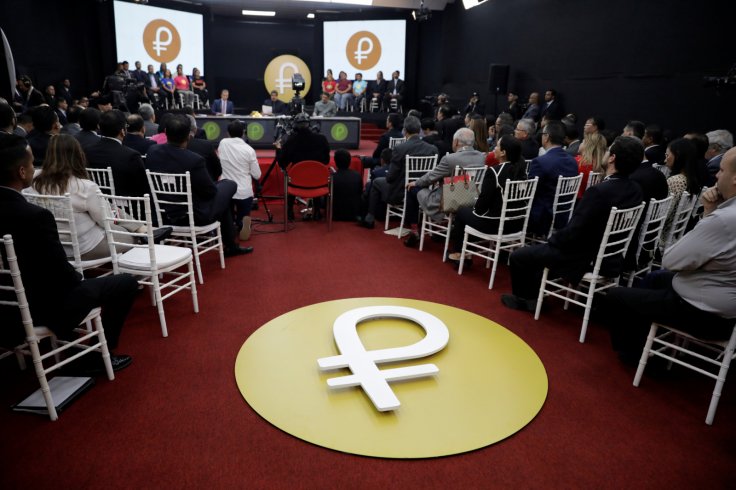
The Venezuelan economy is going through a very tough phase as the general public is facing severe problems. Recently, the government had introduced a series of reforms to further arrest the downfall of the currency including the introduction of new banknotes.
Let's take a look at what is the issue and how Venezuelans are facing their worst economic crisis.
What is hyperinflation?
Hyperinflation is a phenomenon in an economy where prices go spiralling out of control, accompanied by plummeting currency values which lead to consumers carrying money to buy everyday essentials.
The problem arises when the supply of liquid cash in an economy outshines demand for goods and services, causing the value of the currency to tank. This generally happens when the government prints cash to finance its spending above their revenue from taxation.
Why is it unhealthy for the economy?
Hyperinflation erodes the purchasing power of the currency and encourages hoardings of goods as the sellers try to extract as much as it can from the increasing prices. The same issue is what the buyers in Venezuela are facing at the moment.
There are media reports that restaurant owners in the country have stopped putting menus with printed price and even the supermarkets have removed the price tags from their shelves.
How did Venezuela reach to this situation?
The Venezuelan economy is a socialist economy which is entirely based on its oil reserves. The country was making billions when the oil prices were at its peak in 2013 -14. Other sectors such as manufacturing, agriculture and services were entirely ignored by the government. Revenues fell sharply when the oil prices crashed in the recent years and in order to pay its bill, the central bank was forced to print more currency which was oversupplied in the market, hence resulted in hyperinflation.
How is it affecting the people?
Hyperinflation hampers the ability of the pay to fulfil the living expenses of a person. Generally, in this case, the companies pay their employees in suitcases. Some Venezuelan companies have started to offer compensation packages to their employees as bonuses paid in eggs and foreign currencies. There have been reports in media that people are paying as high as 14 million Venezuelan bolívar for a piece of chicken.
How do you get rid of it?
The basic step to control such a phenomenon is to check the oversupply of money in the market. Governments generally use price control measures to help manage periods of hyperinflation, yet goods at these prices can be scarce and black markets often emerge. The other way is to scrap old currency notes and replace it with new ones or allowing a foreign currency in the domestic market.








